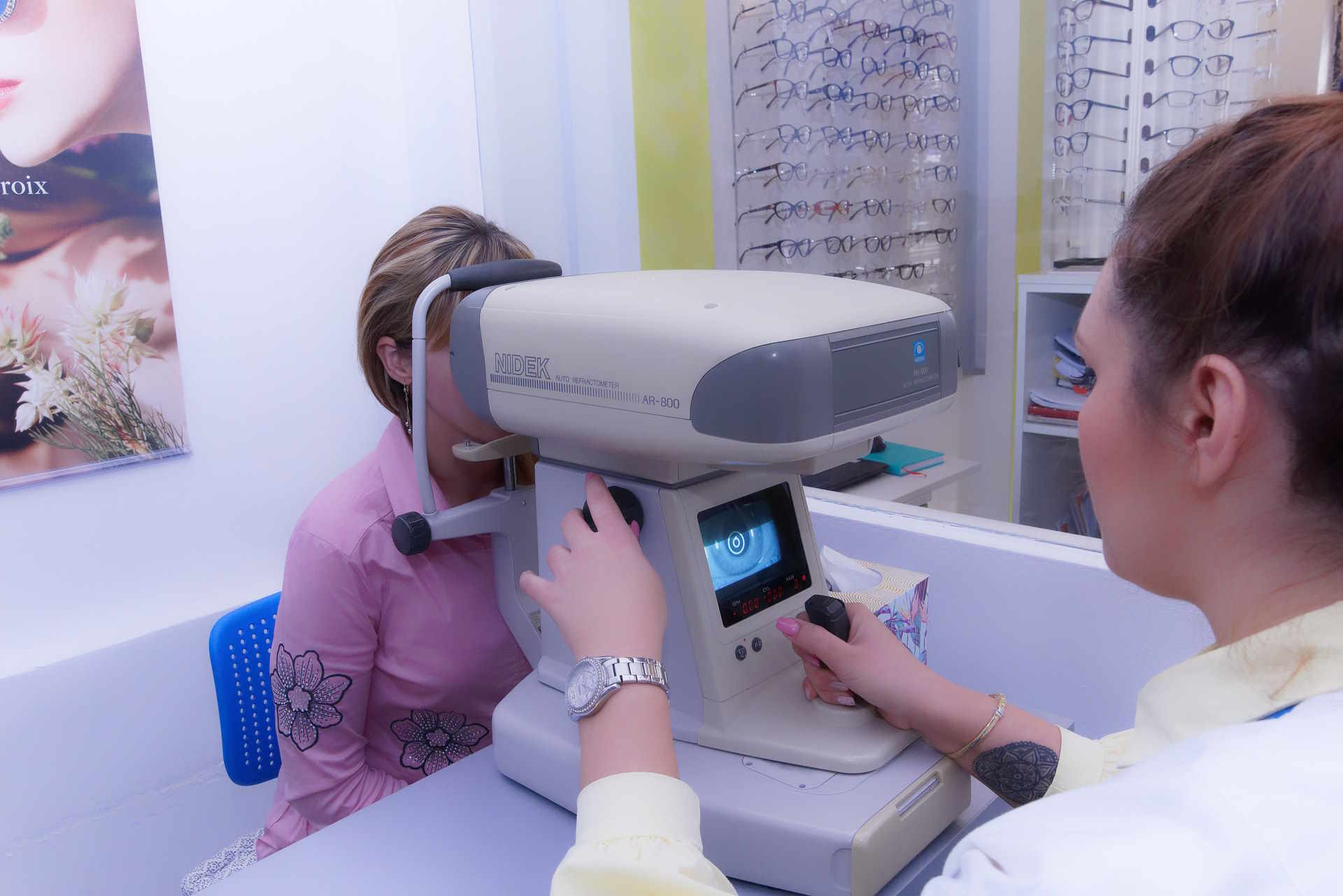Hearing Aids and Medicare: A Complete Guide to Coverage
Hearing aids can greatly improve quality of life, but understanding how Medicare helps with costs is essential. This guide breaks down what is and is not covered, available alternatives, and tips for finding affordable options for seniors and those exploring hearing health support.

Does Medicare Cover Hearing Aids or Hearing Exams?
Original Medicare, which consists of Part A (Hospital Insurance) and Part B (Medical Insurance), provides limited coverage for hearing services. Unfortunately, standard Medicare does not cover hearing aids themselves. This gap in coverage presents a significant financial challenge for many beneficiaries, as hearing aids can cost thousands of dollars.
Medicare Part B does cover diagnostic hearing exams if they’re ordered by a physician to diagnose a medical condition. However, these are different from routine hearing tests that evaluate your ability to hear everyday sounds. If your doctor determines that a hearing evaluation is medically necessary to diagnose or treat a specific health problem, Medicare will generally cover 80% of the approved amount after you’ve met your Part B deductible.
It’s important to note that Medicare Part B will not cover hearing exams performed solely for the purpose of fitting hearing aids, nor will it cover the devices themselves or their maintenance.
Medicare Advantage (Part C) and Hearing Aid Benefits
Medicare Advantage plans, also known as Medicare Part C, often provide more comprehensive coverage for hearing services than Original Medicare. These plans are offered by private insurance companies approved by Medicare and must provide all the benefits of Parts A and B, but many offer additional benefits like hearing aid coverage.
Many Medicare Advantage plans include some level of coverage for hearing aids and routine hearing exams. The extent of coverage varies significantly between plans, with some offering:
-
Annual allowances toward hearing aid purchases
-
Discounted hearing aids through specific providers
-
Coverage for routine hearing exams
-
Benefits for hearing aid fittings and adjustments
When considering a Medicare Advantage plan, carefully review the hearing benefits offered. Some plans may provide substantial coverage while others offer minimal benefits. The coverage amount, provider networks, and out-of-pocket costs can vary widely between plans even within the same region.
Out-of-Pocket Costs and Affordable Alternatives for Hearing Aids
Without adequate insurance coverage, hearing aids represent a significant expense for many Americans. The average cost per device ranges from $1,000 to $4,000, with many people needing two devices. These costs typically include the initial fitting, adjustments, and limited follow-up services.
Several alternatives exist for those seeking more affordable hearing solutions:
-
Over-the-counter (OTC) hearing aids: Following FDA regulation changes, OTC hearing aids are now available without prescriptions for adults with mild to moderate hearing loss, often at lower prices than prescription models.
-
Nonprofit organizations: Some organizations provide financial assistance or refurbished hearing aids to qualified individuals.
-
Veterans benefits: Veterans Affairs (VA) often provides hearing aids to eligible veterans.
-
Hearing aid assistance programs: Some states offer assistance programs through their health departments.
-
Consumer electronics: Personal sound amplification products (PSAPs) are not FDA-regulated hearing aids but may help some people with mild hearing loss at a lower cost.
| Provider/Program | Type of Coverage | Estimated Cost Range |
|---|---|---|
| Costco Hearing Aid Centers | Private retailer | $1,400-$2,500 per pair |
| Sam’s Club Hearing Aid Center | Private retailer | $1,000-$3,000 per pair |
| Veterans Affairs | Government program | Free for eligible veterans |
| UnitedHealthcare Medicare Advantage | Insurance | $375-$2,075 after allowance |
| Humana Medicare Advantage | Insurance | $500-$3,000 after allowance |
| OTC hearing aids (various brands) | Direct-to-consumer | $200-$1,000 per pair |
Prices, rates, or cost estimates mentioned in this article are based on the latest available information but may change over time. Independent research is advised before making financial decisions.
How to Find Providers That Accept Medicare for Hearing Services
While Original Medicare doesn’t cover hearing aids, finding providers who accept Medicare for covered hearing services like diagnostic exams is still important. Here’s how to locate appropriate providers:
-
Use Medicare’s Physician Compare tool on Medicare.gov to find audiologists and other hearing specialists who accept Medicare assignment.
-
Contact your local Area Agency on Aging for recommendations on audiologists and hearing centers that work with Medicare patients.
-
If you have a Medicare Advantage plan with hearing benefits, contact your plan directly for a list of in-network providers.
-
Ask your primary care physician for referrals to hearing specialists who accept Medicare.
When scheduling an appointment, confirm whether the provider accepts Medicare assignment to avoid unexpected costs. For Medicare Advantage members, verify that the provider is in your plan’s network to maximize your benefits and minimize out-of-pocket expenses.
Is It Possible to Get Free Hearing Aids?
While completely free hearing aids are rare, several programs can significantly reduce or eliminate costs for qualifying individuals:
-
Medicaid: In some states, Medicaid provides coverage for hearing aids for eligible beneficiaries. Coverage varies significantly by state, with some offering comprehensive benefits and others providing limited or no coverage.
-
Federal employee health benefits: Current federal employees and retirees may have hearing aid coverage through their health benefits.
-
Charitable foundations: Organizations like the Starkey Hearing Foundation’s Hear Now program provide hearing aids to people with limited financial resources.
-
Lions Clubs: Local chapters often have hearing aid recycling programs or financial assistance for hearing aids.
-
Clinical trials: Participating in research studies related to hearing aids might provide access to free or discounted devices.
Eligibility requirements vary significantly among these programs, and most have income limitations or other qualifying criteria. The application processes can be lengthy, so it’s advisable to explore multiple options simultaneously.
Understanding Medicare’s coverage limitations for hearing aids is essential for planning your healthcare expenses. While Original Medicare doesn’t cover hearing aids, Medicare Advantage plans often provide some benefits, and numerous alternative resources exist to help make these vital devices more accessible and affordable.
This article is for informational purposes only and should not be considered medical advice. Please consult a qualified healthcare professional for personalized guidance and treatment.




